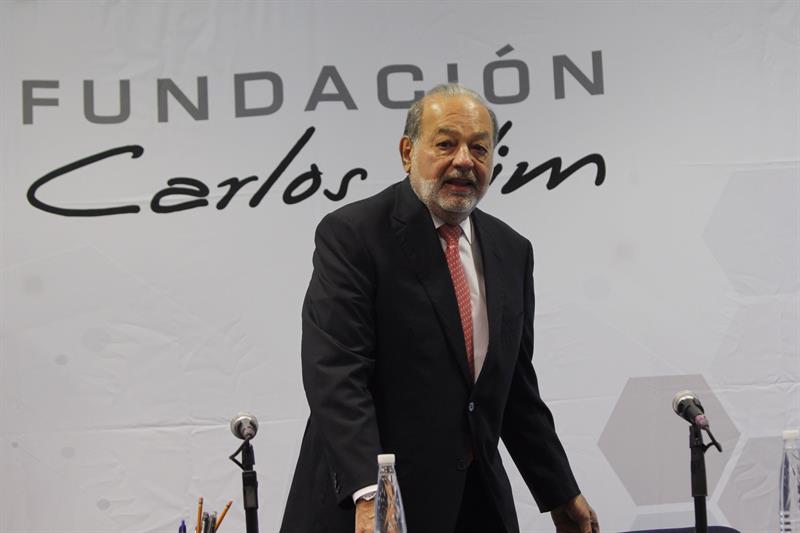Mexico, Nov 13 (EFE) .- The América Móvil company, owned by Carlos Slim, announced today that it is studying the challenge of interconnection rates for mobile services established by the regulator. Mexico, which he described as "unjustified regulatory subsidies."
Telcel, a subsidiary of América Móvil, said in a statement that the purpose of the challenge will be to "continue its defense against unjustified regulatory subsidies, as well as to be compensated for the damages caused by such subsidies. "
The Federal Institute of Telecommunications (IFT) announced on November 9 the interconnection rates for 2018 for mobile services, and established that, while the asymmetry is maintained, both the preponderant - Mobile America - as the rest of companies must pay to connect to other people's networks.
This resolution, one more chapter of a long legal battle, fulfilled the demand of the Supreme Court of that it was the IFT - and not the Congress with the Federal Law of Telecommunications and Broadcasting of 2014, that had established zero rate of interconnection to the América Móvil network-, who establish the tariffs.
Telcel today criticized the tariffs established by the IFT, since "it will have to pay 295% more than what the other mobile concessionaires will pay for the same service ".
" The substantial subsidy regime for the benefit of the other operators will continue during 2018, "the company said, noting that in the international arena," the Asymmetries in this type of tariffs and the very few still in force are much lower than those established by the IFT. "
However, the company considered" very relevant "that the IFT could "exercise its power to regulate asymmetrically in the matter of interconnection rates to participants in the telecommunications sector."
He recalled that this function had been prevented by a law passed by the Legislative in 2014 that determined a regime of gratuity known as zero tariff, which consists in the provision of free services to its competitors.
This regime of gratuity was recently declared unconstitutional by the Supreme Court, recalled Telcel, who regretted that the ruling was late, because "it has had to Directly subsidize other operators for more than 3 years "and must continue doing so until January 2018.
The company argued that prices to end users have fallen Substantially by factors such as technological advances, investment in infrastructure, increase of users, as well as the productivity and efficiency of operators.
"It is false that the elimination of the 'zero tariff' affects prices to consumers or the permanence in the market of benefits such as unlimited voice plans, which are becoming more common internationally for the benefit of users, "he said.


Comments 0